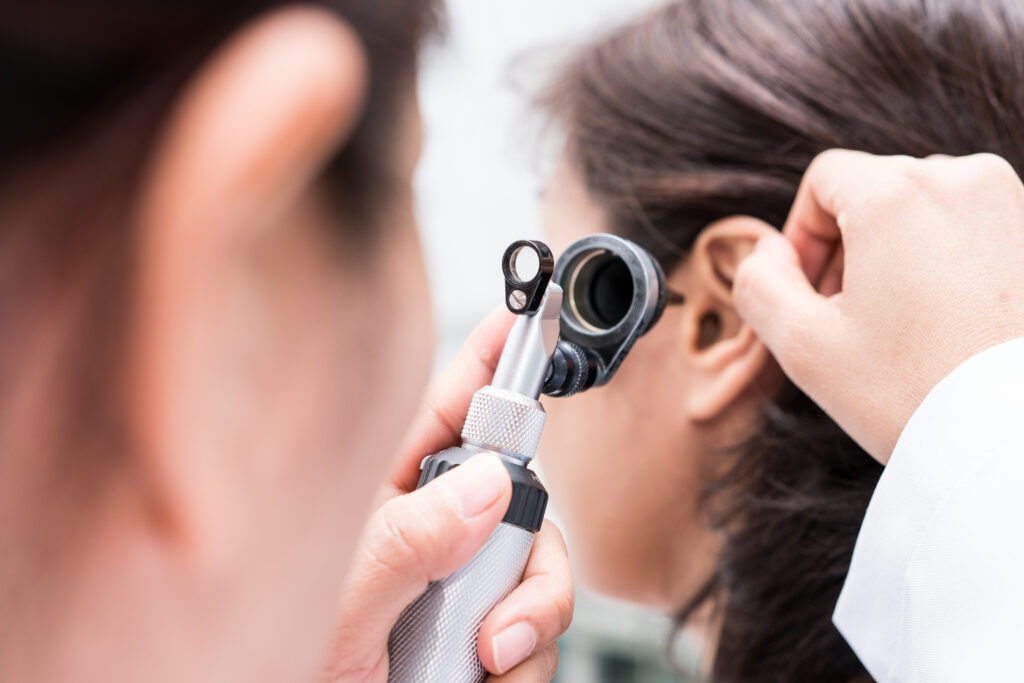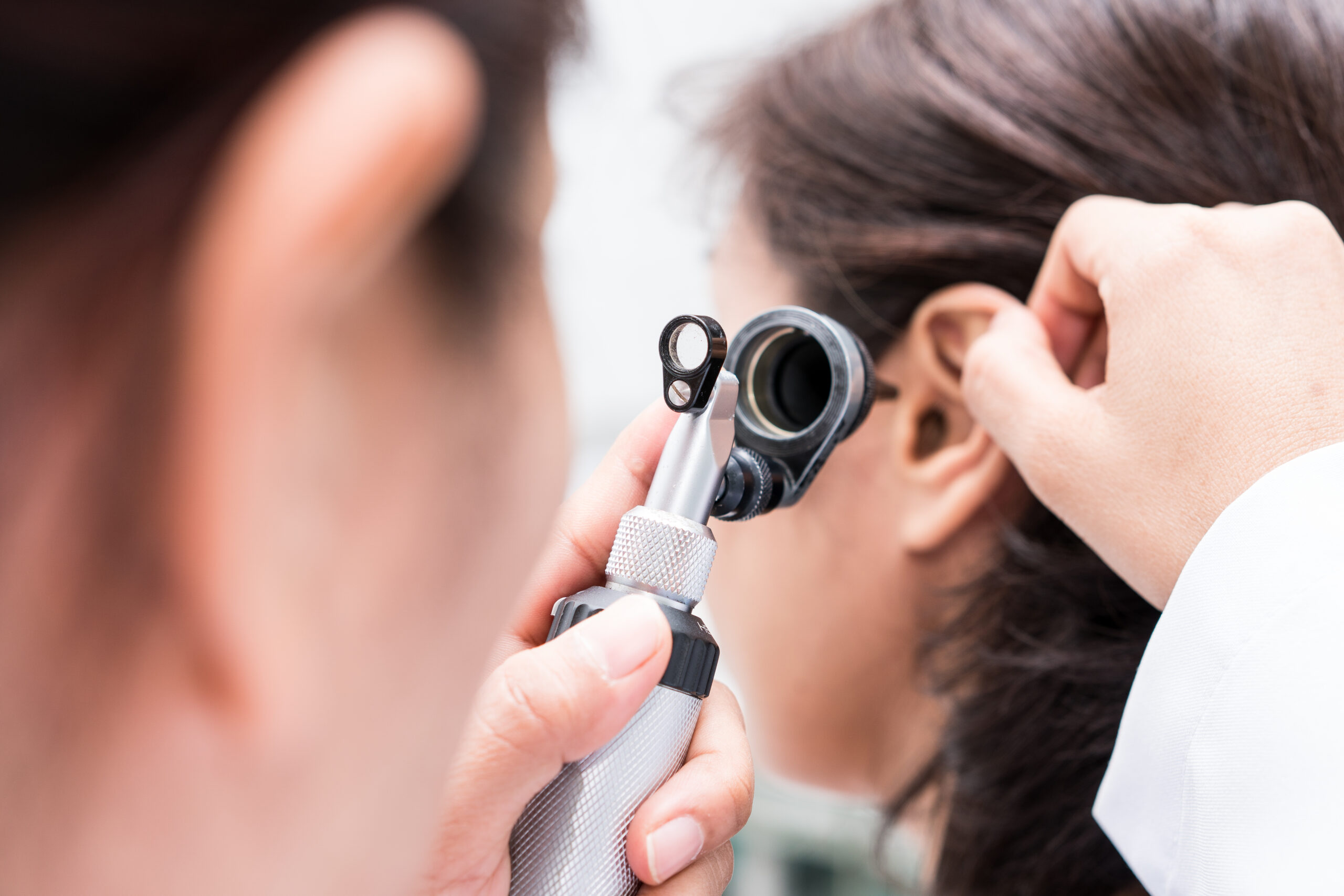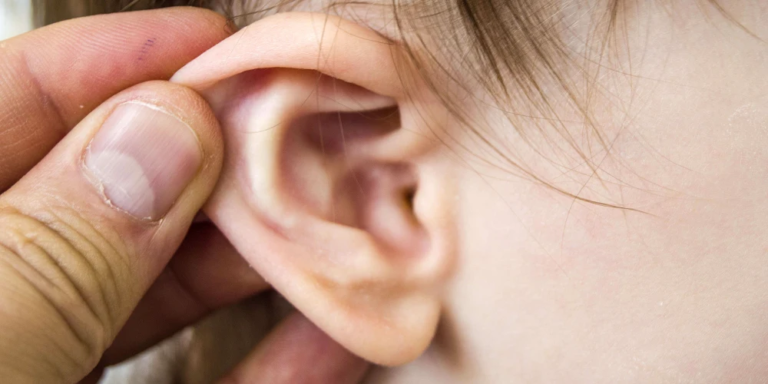Do you constantly struggle with ear pain, achiness, or fullness in the ear?
You are not alone. Recurring ear infections are a problem to many people including children and adults. Although one ear infection may be attributed to a cold or seasonal allergies, recurring infections are something that should bring attention to a deeper problem. Learning about the causes of the recurring ear infections, the ways to treat them effectively and the measures you may undertake to prevent them in the future can mean a lot to your general condition of ears.

What Is an Ear Infection?
An ear infection, also known as otitis media, is the accumulation of fluid in the middle ear which causes inflammation and in some cases pain. The middle ear is the tiny cavity behind your eardrum, in which the little bones that help you hear are found. When germs (bacteria or viruses) are inhaled or swallowed into this region (usually via the nose or the throat), they may become trapped here, leading to swelling and infection.
Common Causes of Recurrent Ear Infections
1. Upper Respiratory Infections or Colds
Colds and sinus infections can block the eustachian tube—the small channel that connects your middle ear to the back of your throat—trapping fluid inside and making it easy for bacteria to grow.
2. Allergies
Allergic reactions can lead to nasal congestion, which also blocks the eustachian tubes and encourages fluid buildup.
3. Eustachian Tube Dysfunction
Some people, especially children, have narrower or less developed eustachian tubes. When these tubes don’t open properly, fluid can’t drain from the ear, increasing the risk of infection.
4. Environmental Irritants
Exposure to cigarette smoke, air pollution, or even strong household cleaners can irritate your upper respiratory system and make infections more likely.
5. Structural Issues
A deviated nasal septum, enlarged adenoids, or other nasal and throat abnormalities can interfere with proper drainage and airflow, contributing to chronic infections.
6. Weak Immune System
People with weaker immune systems—either due to genetics, age, or illness—are more prone to bacterial and viral infections, including those in the ear.
Signs You Might Have an Ear Infection
- Ear pain or discomfort
- A feeling of fullness or pressure in the ear
- Hearing loss or muffled sounds
- Drainage of fluid from the ear
- Fever (especially in children)
- Irritability or trouble sleeping (common in kids)
Treatment Options for Ear Infections
1. Medications
- Antibiotics: These are prescribed when a bacterial infection is suspected. It’s important to complete the full course, even if symptoms improve.
- Pain relievers: Over-the-counter medications like ibuprofen or acetaminophen can ease pain and reduce fever.
- Ear drops: Special medicated drops may help, particularly if the eardrum has ruptured or fluid is draining.
2. Myringotomy (Ear Tubes)
For people with chronic or frequent infections, especially children, ENT doctors may recommend placing tiny tubes in the eardrum. These tubes help drain fluid and keep the middle ear ventilated, reducing the risk of future infections.
3. Allergy Management
If allergies are contributing to ear infections, identifying and managing the triggers—whether through medication, lifestyle changes, or allergy testing—can prevent recurrence.
4. Treating Nasal or Throat Issues
Structural problems like enlarged adenoids or chronic sinusitis may require medical or surgical treatment to resolve the underlying cause of ear infections.
How to Prevent Ear Infections
- Stay Hydrated and Use a Humidifier
Dry environments can irritate your sinuses. Drinking water and using a humidifier can help keep your nasal passages moist and reduce inflammation.
- Practice Good Hygiene
Washing hands regularly and avoiding close contact with sick individuals helps reduce your exposure to germs that can lead to ear infections.
- Avoid Smoking or Secondhand Smoke
Tobacco smoke irritates the nose and throat, increasing the risk of infections.
- Manage Allergies Promptly
If you have known allergies, take steps to avoid triggers and follow your treatment plan.
- Feed Babies Upright
If you have a baby, avoid bottle-feeding while they are lying down. This reduces the chances of fluid entering the eustachian tubes.
When to See an ENT Specialist
If ear infections are interfering with your life or your child is getting them repeatedly, it’s time to consult an ENT (Ear, Nose, and Throat) doctor. Chronic infections can lead to hearing loss, speech delays in children, or long-term damage to the ear structures if left untreated.
An ENT will likely perform a full ear exam and may recommend imaging or hearing tests. They’ll then offer targeted treatment—whether it’s medication, ear tubes, or addressing a related condition like sinusitis or allergies.
Final Thoughts
Chronic ear infections are more than an occasional inconvenience-they might impact your comfort, sleep, hearing and even your long-term health. But the good news is that you do not need to live with them provided you take good care of them and adopt preventive measures. Do you experience blocked ears or painful symptoms all the time? Then do not wait any longer and book an appointment with Dr. Manasi Mehra to get on the road to long-term relief.




